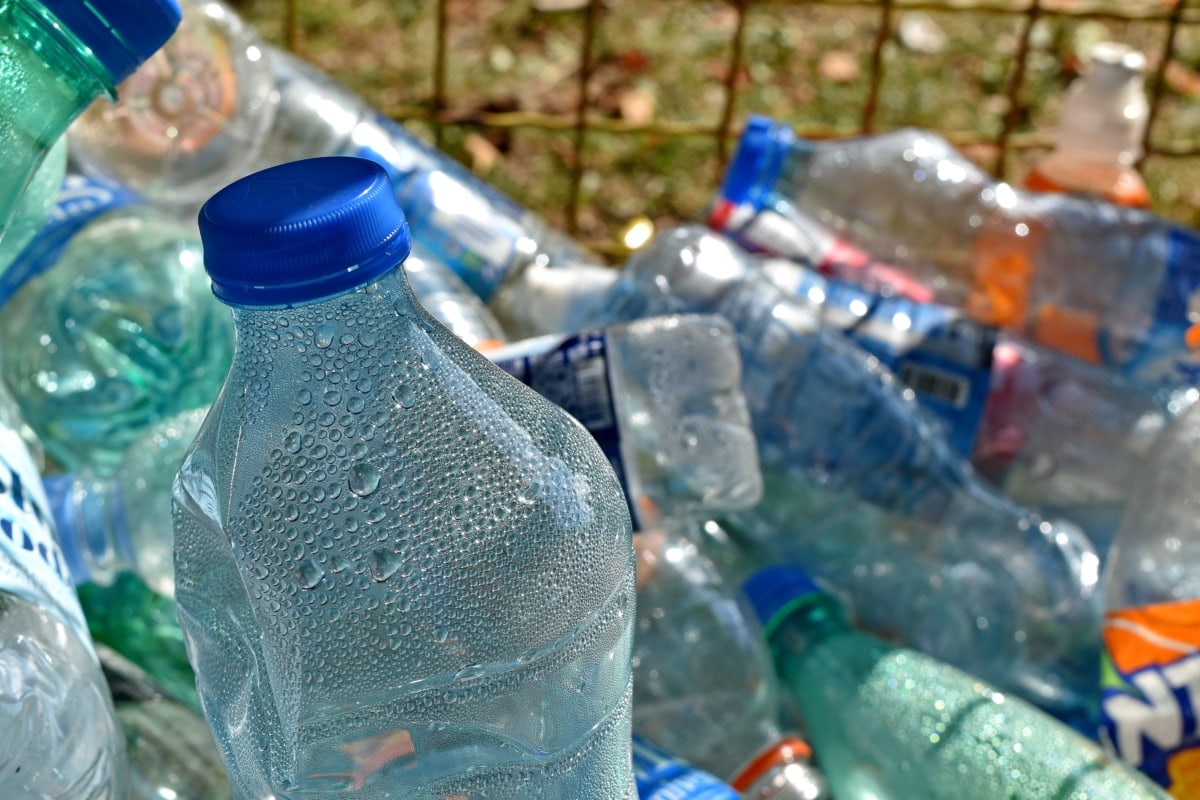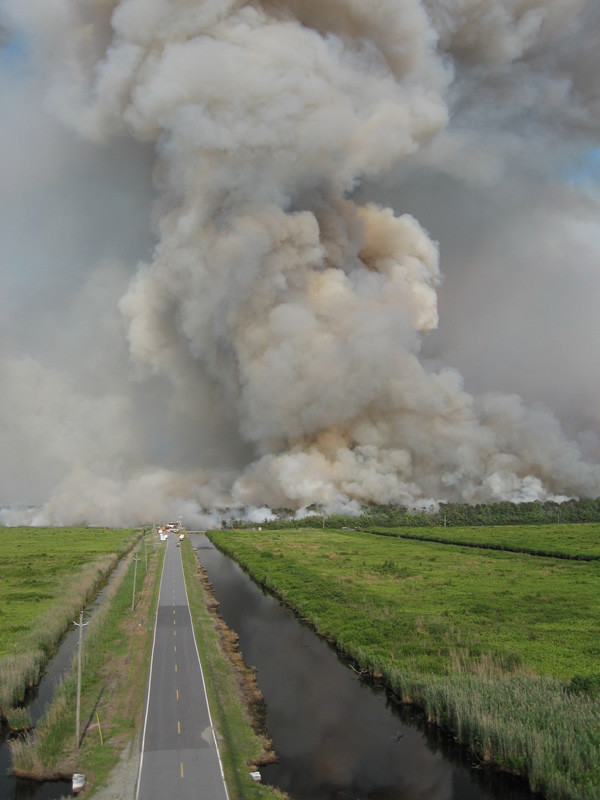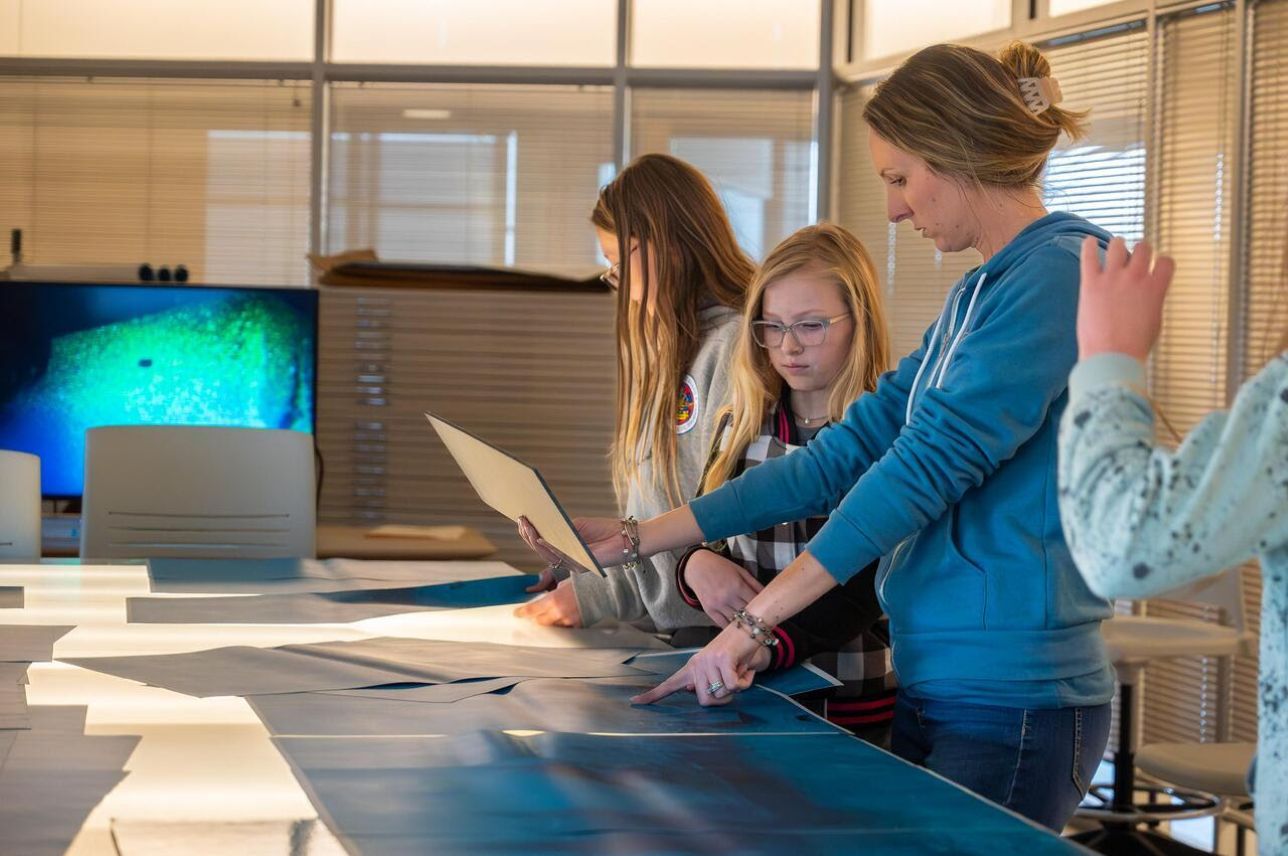
Steps are being taken at the federal level to reduce and eventually phase out single-use plastics on public lands in the next 10 years.
Secretary of the Interior Deb Haaland issued Secretary’s Order 3407 Wednesday, on World Oceans Day, in an effort to reduce the procurement, sale and distribution of single-use plastic products and packaging with a goal of phasing out single-use plastic products on Interior Department-managed lands by 2032.
Supporter Spotlight
Single-use plastics include plastic and polystyrene food and beverage containers, bottles, straws, cups, cutlery and disposable plastic bags designed for or intended to be used once and discarded.
The order also directs the department to identify nonhazardous, environmentally preferable alternatives to single-use plastic products, such as compostable or biodegradable materials, or 100% recycled materials.
The Department of the Interior manages public lands and minerals, national parks, wildlife refuges, upholds federal trust responsibilities to Native American tribes and Native Alaskans and is responsible for endangered species conservation and other environmental conservation efforts.
“The Interior Department has an obligation to play a leading role in reducing the impact of plastic waste on our ecosystems and our climate. As the steward of the nation’s public lands, including national parks and national wildlife refuges, and as the agency responsible for the conservation and management of fish, wildlife, plants and their habitats, we are uniquely positioned to do better for our Earth,” Haaland said in a statement. “Today’s Order will ensure that the Department’s sustainability plans include bold action on phasing out single-use plastic products as we seek to protect our natural environment and the communities around them.”
The order is part of the implementation of President Biden’s Executive Order 14057, which was issued Dec. 8, 2021, and calls for federal agencies to minimize waste and support markets for recycled products.
Supporter Spotlight
Plastic waste is a priority environmental problem and threatens food safety and quality, human health, coastal tourism, and contributes to climate change. Plastic pollution is also devastating fish and wildlife around the world, according to the department.
Less than 10% of the plastic that has ever been produced has been recycled, and recycling rates are not increasing. Of the more than 300 million tons of plastic produced annually, at least 14 million tons of plastic end up in the ocean every year. Plastic makes up 80% of all marine debris found from surface waters to deep sea sediments.
Bags made of paper, bioplastics and composite can replace single use plastic bags, as can reusable cloth or thicker plastic alternatives. Bottles made of bio-based plastic, glass and aluminum, and laminated cartons can replace single-use plastic bottles, as can reusable bottles made of glass, aluminum or stainless steel.







